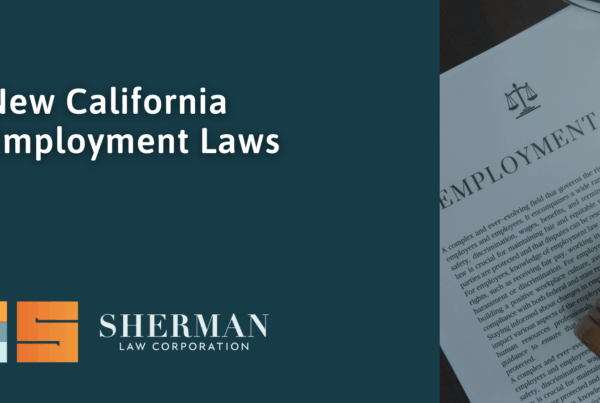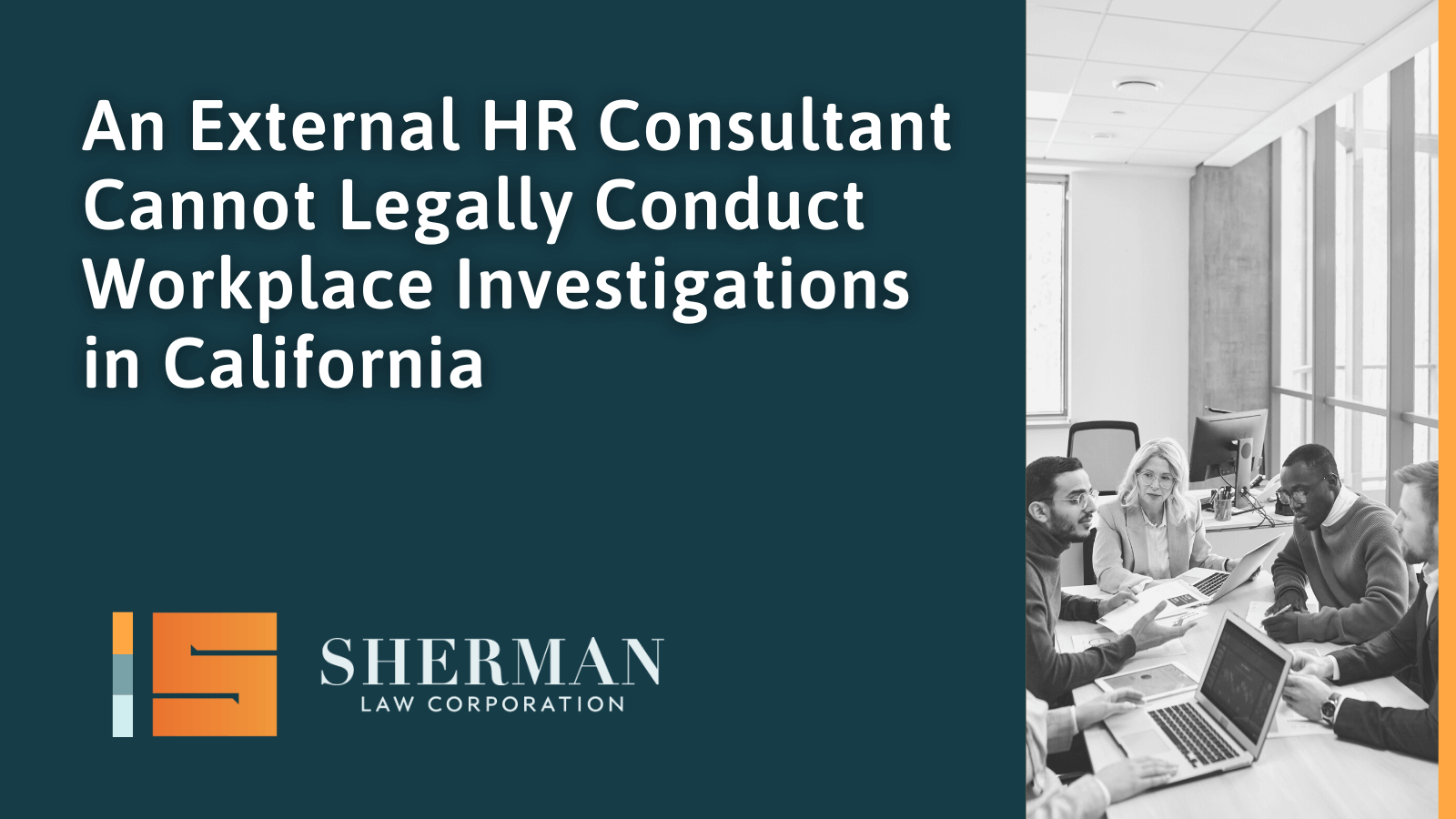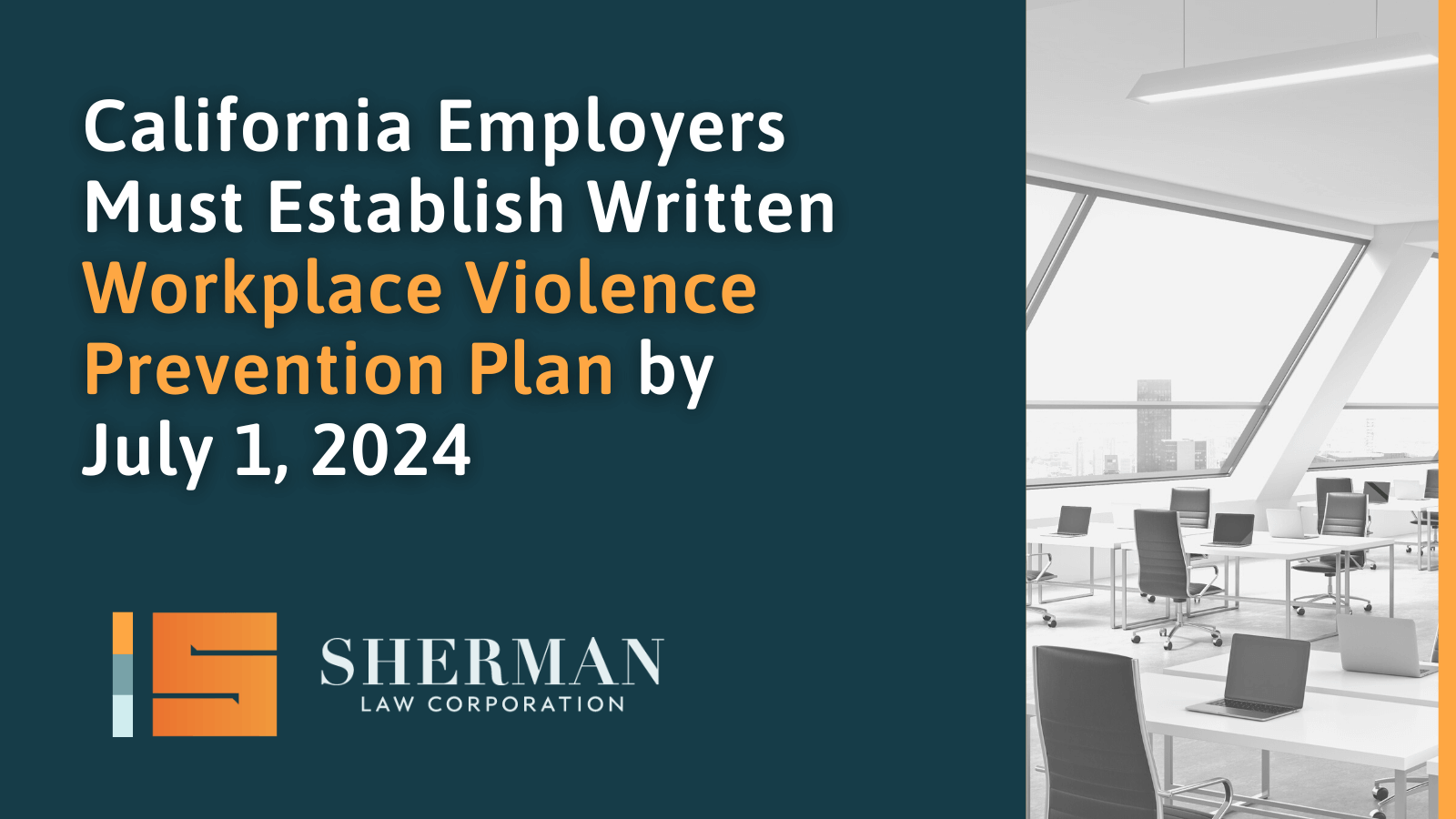This is the second in a series of blog posts on my reflections as an employment attorney on the unprecedented demise of Harvey Weinstein. Feel free to read my first blog post “Now is the Time to Revisit Anita Hill’s Historic Testimony Following Harvey Weinstein’s Unprecedented Demise.”
What Failed in the Aftermath of Professor Anita Hill’s Historic Testimony in 1991, And What is Causing Sexually-Abusive Predators to Escape Prosecution?
Top Five Reasons this Litany of Sexually-Abusive Predators have Escaped Prosecution and Punishment:
Although the number of sexual harassment claims increased initially after Professor Hill’s testimony, the sobering truth is that 80-90% of the sexual harassment/abuse claims that my colleagues and I have handled in the last twenty-six years, are patently frivolous. Either the allegations themselves were not sexual in nature at all, the alleged conduct was provably false, or the complainant initiated, welcomed and/or actively participated in the offensive conduct s/he complained about. Of the 10-20% of meritorious claims, a large percentage of the victims’ recovery is often minimal, because their damages are either insignificant, and/or they had to endure costly, protracted, emotionally-debilitating litigation. In any lawsuit, even if the accused has violated the law, the complainant must always prove damages. Unlike a car accident, if there is no physical injury, emotional distress damages are more difficult to quantify, such that if the employee does not seek psychological treatment related to the alleged unlawful conduct, or does seek treatment, but other personal issues unrelated to the alleged conduct contributed to the emotional distress, a minimal recovery will often result.
California employers are required to promptly conduct a thorough, independent investigation of all claims of harassment, discrimination and retaliation raised by applicants, employees and even third parties in the workplace. If the conduct is more likely than not to have occurred, the Company must take appropriate remedial action to stop it, and ensure that the complainant, and any persons participating in the investigation, are subject to any form of retaliation. This is where Companies continually fall short.
California employers are strictly liable for unlawful discriminatory, harassing or retaliatory conduct by its supervisors. In other words, it does not matter if the employer knew or should have known of the alleged unlawful conduct. If the supervisor engaged in unlawful conduct, the employer is automatically liable for this conduct. While both the Company and the supervisor are named as parties in employment-related lawsuits, the vast majority of these cases are resolved by settlement, with the employer (and/or insurer) — not the accused — paying the settlement/judgment and costs of defense.
While social media is buzzing with the lack of reporting and fear of retaliation, which are important driving forces here, not enough attention has been spent on the processes and agreements that conceal unlawful conduct.
In my next blog post, I will address what must be done in the aftermath of Harvey Weinstein’s demise.
For more information on sexual harassment in the workplace, feel free to contact Lisa Sherman at (424) 249 -3631 or email her at Lisa@sherm-law.com.
| Related Links: |




